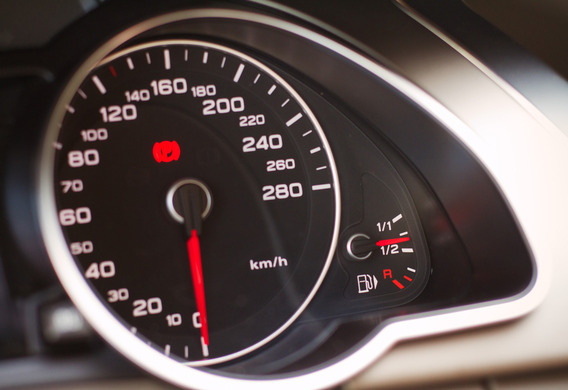
Increases in fuel consumption are frequent complaints by drivers in the use of motor vehicles. In practice, there can be many reasons for changing the "appetite" for "appetite", for a 100% accurate answer the car should be given to the specialists. However, there are some common reasons why the car may suddenly start consuming more fuel. Main reasons for the increase in fuel consumption
Main reasons for the increase in fuel consumption
Start with one of the most frequent and, at the same time, the most controversial reason for the increase in fuel consumption is the dirty injector injector injector, which is operated without proper maintenance. This is happening in the following way: the quality of the fuel dispenser and the form of the flare is violated, as a result, the optimal mixture is being violated, which in turn reduces the efficiency of the engine efficiency.
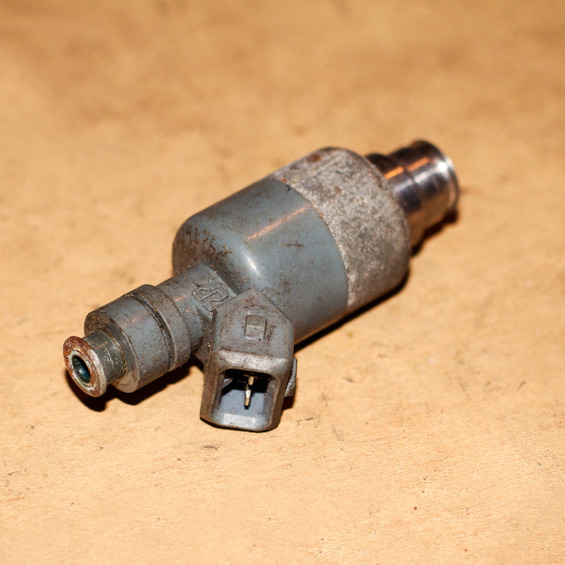
Another common failure leading to increased fuel consumption is the failure of one part of the exhaust system, namely catalyst (catalyst). It may be burned or destroyed, resulting in a drop in the capacity of the vehicle and the increase in fuel consumption.
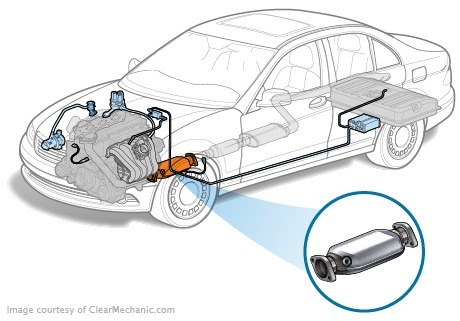
A third common reason is the air filter that has been clogged. The overwhelming majority of motorists understand that the air-filter effect of the air filter is the effect of "air starvation", which disrupts the operation of the intake air sensors. Because of this mixture, education is incorrect and fuel consumption is rising.
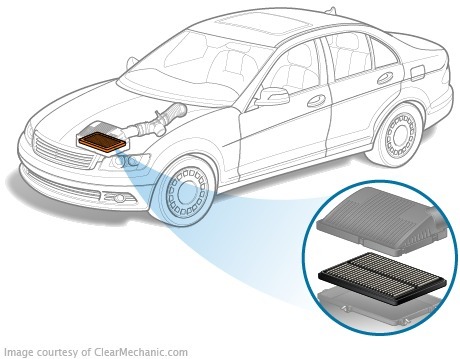
Another reason for the car to be consuming more fuel is that there is a abnormal pressure in the engine fuel system. It may be downgraded (this is often common)-in this case the engine power is understated and discharge occurs when the intake manifold is open. If the pressure is overstated (which is less frequent), the electronic control unit compensates for excess fuel injection (oxygen sensor values) and reduces the time injected into the injectors.
In addition, other problems in different engine systems also lead to increased costs. As modern cars are equipped with on-board computers, any failure could cause the computer to fail and start the engine's emergency operation, which would immediately affect the amount of fuel consumed.
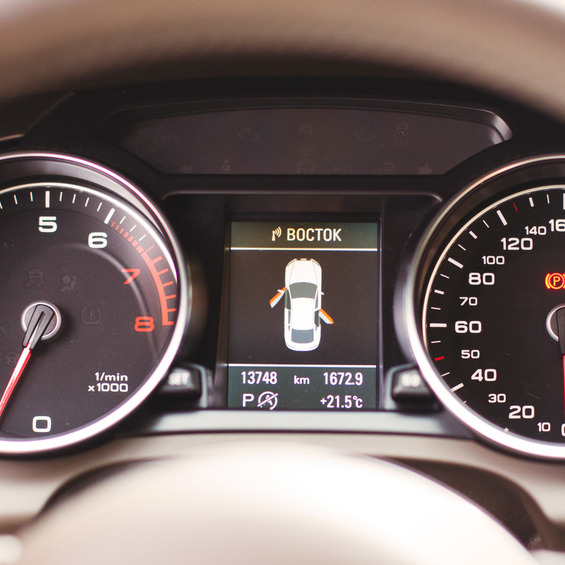
Can influence the fuel consumption and the mischoice of the viscosity of the engine, the gearbox, the gearshift gearbox, and the leading bridges. The most appropriate oils can be obtained from the manufacturer or the manufacturer.
Another factor that could negatively affect vehicle fuel consumption is the wrong choice of wheel size. It is not necessary to say that the key systems (hydraulics, electronic transmission control system and kinematics) will work best only with the type of wheels recommended by the manufacturer. Otherwise, the incorrect wheels may increase the fuel consumption.
Challenges and prevention
The increase in fuel consumption due to dirty injectors can be determined on the following grounds: the motor of the motor vehicle often operates on high speeds and the gearshift modes are tightened. In addition, the dynamics of the car may worsen in the contaminated injectors. For purposes of prevention, experts recommend periodic treatment of injectors.
As for the defective catalyst, the causes of its failure or impinged may be: poor petrol, damaged or old spark plugs, malfunctions in the engine management system and automatic gearshift gearbox, as well as already mentioned engine dirty injection.
With the air filter, it is much easier to replace this part by yourself, the main thing is to do it in a timely way so as not to start the situation and to aggravate the consequences.
In case of abnormal pressure in the fuel system of the motor vehicle equipped with automatic transmission, the driver may notice the increase in the time of the transmission at reduced gears and, as a consequence, the engine work on high speed. As a result, fuel consumption is also increasing. At the same time, among the reasons for low fuel pressure, specialists refer to the wear of the fuel pump (under the influence of abrasive particles or just from time), as well as the initial filter of the fuel pump and a fine filter of fuel.
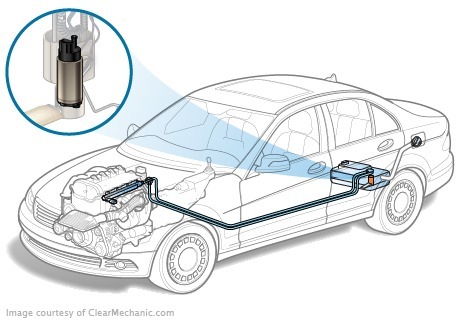
The operation of the air conditioner can also influence the fuel consumption. There are two situations in which the experts identify two situations: drive by city and by road. In the first case, the engine is idle longer and the air conditioner takes away part of the power from the engine and translates the compressor into operation. At the same time, the weaker engine of the car, the greater the share of the power "moved" to the air conditioner. In the second case, the air conditioner has little effect on fuel consumption, as the engine is spinning at high speeds.
There is no reason to rule out such a trivial reason as a changed driving behaviour. In this case, the recipe can only be one-to return to a more calm and measured driving mode.
So, it can be concluded that the reasons for the increased fuel consumption are quite large, here are only the main and most frequently encountered. It is recommended that a full diagnosis of the engine be carried out if the problem is not "eye-to-eye". It should be understood, however, that a set of failures is likely to require a phased elimination. It is also important to remember that the car requires timely prevention (e.g. replacement of air filter). In addition, the incorrect choice of wheel and oil viscosity may also increase the fuel consumption.







